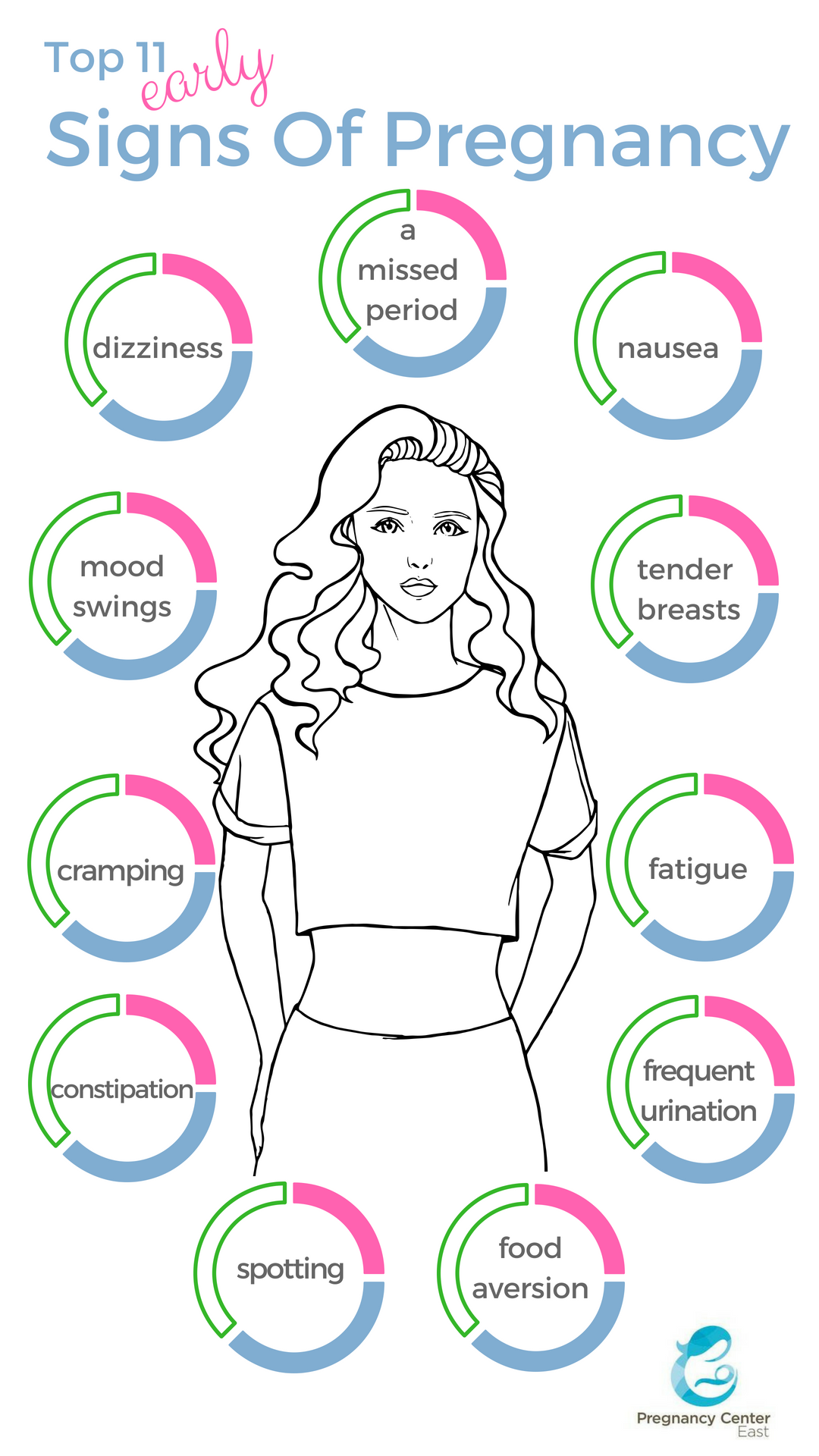
Pregnancy Signs for Teens: A Comprehensive Guide
Introduction
Pregnancy during adolescence can be a life-altering experience, bringing both excitement and uncertainty. Recognizing the signs of pregnancy early on is crucial for teens to make informed decisions about their health and the future of their child. This comprehensive guide will explore the common and less apparent pregnancy signs for teens, providing essential information to help them navigate this transformative journey.
Common Pregnancy Signs
1. Missed Period
One of the most obvious signs of pregnancy is a missed period. If a teen is sexually active and their period is more than a week late, they should consider taking a pregnancy test.
2. Nausea and Vomiting (Morning Sickness)
Morning sickness, characterized by nausea and vomiting, typically occurs in the early stages of pregnancy, usually between weeks 6 and 12. However, some teens may experience it earlier or later.
3. Breast Tenderness
Hormonal changes during pregnancy can cause the breasts to become tender, swollen, and sensitive. This symptom usually appears within the first few weeks of conception.
4. Fatigue
Extreme fatigue is a common sign of pregnancy, as the body works to support the growing fetus. Teens may feel exhausted even after getting enough sleep.
5. Frequent Urination
As the uterus expands during pregnancy, it puts pressure on the bladder, leading to increased frequency of urination.
6. Food Cravings and Aversions
Changes in hormone levels can trigger unusual food cravings or aversions. Some teens may develop a strong desire for certain foods, while others may find their favorite dishes unappealing.
Less Apparent Pregnancy Signs
1. Mood Swings
Hormonal fluctuations during pregnancy can cause mood swings, irritability, and emotional sensitivity.
2. Acne
Increased hormone levels can lead to acne breakouts in some teens.
3. Constipation
Pregnancy hormones can slow down digestion, resulting in constipation.
4. Darkening of Areolas
The areolas (the dark circles around the nipples) may become darker and larger during pregnancy.
5. Weight Gain
While weight gain is a gradual process, some teens may notice a slight increase in weight in the early stages of pregnancy.
6. Backaches
As the uterus grows, it can put pressure on the lower back, causing aches and pains.
7. Headaches
Hormonal changes and increased blood volume can trigger headaches during pregnancy.
8. Dizziness
Low blood pressure and changes in blood flow can cause dizziness, especially when standing up quickly.
9. Bloating
Increased hormone levels and the expanding uterus can lead to bloating and gas.
10. Metallic Taste in Mouth
Some teens may experience a metallic taste in their mouth during pregnancy.
When to Take a Pregnancy Test
If a teen suspects they may be pregnant, it is essential to take a pregnancy test as soon as possible. Pregnancy tests are widely available at pharmacies, drugstores, and online. It is important to follow the instructions carefully and read the results within the specified time frame.
Positive Pregnancy Test
A positive pregnancy test indicates that the teen is pregnant. It is crucial to seek medical attention promptly to confirm the pregnancy and discuss prenatal care options.
Negative Pregnancy Test
A negative pregnancy test does not necessarily mean that the teen is not pregnant. If the test is taken too early or if the instructions were not followed correctly, it may not detect the pregnancy hormone. If the teen continues to experience pregnancy symptoms, they should consider taking another test or consulting a healthcare professional.
Importance of Prenatal Care
Prenatal care is essential for the health of both the teen and the developing fetus. Regular checkups with a healthcare provider can monitor the pregnancy’s progress, detect any potential complications, and provide guidance on nutrition, exercise, and lifestyle changes.
Conclusion
Recognizing the signs of pregnancy early on is vital for teens to make informed decisions about their health and the future of their child. By understanding the common and less apparent symptoms, teens can take appropriate action, seek medical attention, and access prenatal care to ensure a healthy pregnancy and a positive outcome for both themselves and their baby.